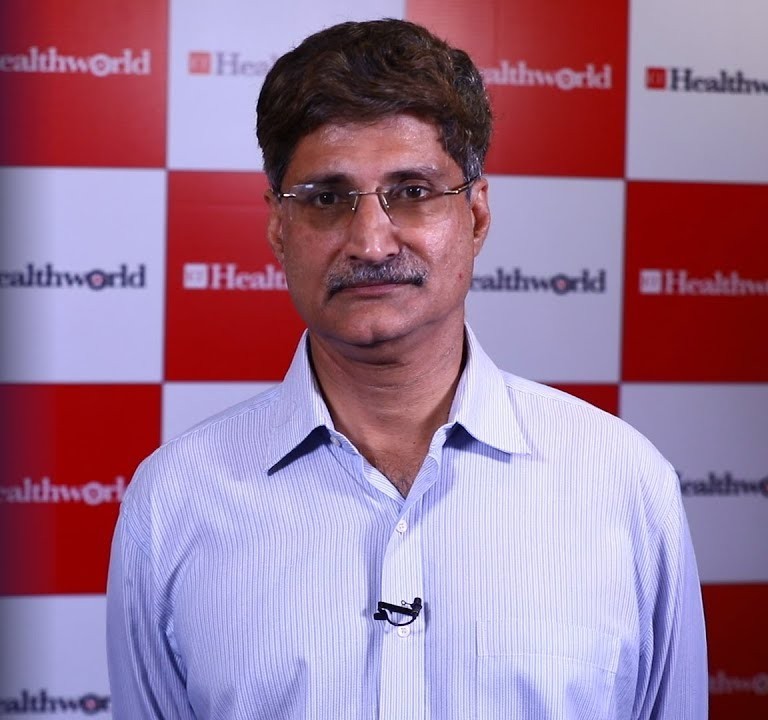India’s much-celebrated demographic dividend—over 600 million young people under the age of 25—is often paraded as our ticket to global superpower status. But there’s a harsh truth we often overlook: if we don’t equip these young minds with the tools to think critically, act ethically, and participate actively in public life, that dividend could easily become a demographic disaster.
It’s not enough to have educated youth. We need engaged youth. Not just students who follow instructions, but ACTiZENS—Alert, Informed, and Active Citizens, as Desh Apnayen Sahayog Foundation aptly calls them. I’m glad to see the Desh Apnayen team working towards this goal for over a decade now. It’s also what we’re trying to build at Apni Pathshala.
Where Citizenship Begins: Choosing What to Learn
Traditional schooling tends to turn children into passive recipients of a prescribed syllabus. Timetables dictate every hour. Subjects are fixed. Answers are pre-approved. This may produce exam toppers—but not active, thoughtful citizens.
At Apni Pathshala, we reverse the script. Children decide what they want to learn, how they want to learn it, and what real-world challenges they want to tackle. One student might study water shortages in their village. Another might teach themselves how to file an RTI application (form of application for seeking information under the Right to Information Act, 2005) by watching a YouTube tutorial. Learning becomes a personal and purposeful act.
This freedom cultivates agency—and agency is at the very core of democratic participation. When young people take charge of their learning, they naturally begin taking responsibility for their communities. They don’t just memorise civics—they live it.
A Democratic Learning Model
Our community learning pods are intentionally teacher-free. Instead of a top-down approach, students learn from each other, collaborate freely, and draw on tools like AI-powered tutors (including Eklavya). A 14-year-old might teach essay writing to a younger peer, and then turn to another student to learn coding. In our model, every child is both a learner and a leader.
This structure mirrors the values of a healthy democracy: no one monopolises knowledge, and every voice has value. We also encourage learners to build their own websites, reflect on their progress, and share what they’ve learned—fostering confidence, creativity, and accountability to the community.
Yes, many of our students do well in traditional exams too—but that’s incidental. The real success is that they grow into self-directed, lifelong learners who know how to think independently. That’s the kind of citizens India truly needs.
From Civics Classrooms to Civic Action
Democracy isn’t something to be taught once a week in a civics or “moral science” period. It must be practiced.
At Apni Pathshala, students are not passive observers of civic theory. They’re active agents of change. They don’t just learn Excel—they use it to manage pod attendance. They don’t just study coding—they create YouTube explainers to teach other students how to use Scratch. They’ve helped senior citizens file RTIs. One pod even petitioned their municipal corporator for better waste management.
These aren’t projects for marks. They’re real acts of citizenship. Because civic engagement is not theoretical. It’s practical. And it begins young.
Role Models, Not Celebrities
Young people need role models they can relate to—not just freedom fighters from history books. One of their biggest role models is Mr. Kamalakar Shenoy, an RTI activist with decades of experience. Our learners run his website, www.peoplevscorruption.com, help him digitise his work, and learn from his quiet, relentless commitment to the public good.
Such intergenerational partnerships are magical. Elders bring experience and conviction. Young people bring energy, creativity, and tech-savviness. Together, they model what responsible citizenship looks like.
Why I Chose This Work
People often ask, “You’re a doctor—why are you so invested in education and governance?”
Because being a good citizen isn’t tied to your profession. It’s tied to your values.
I was lucky to be raised by parents who taught me to think for myself, always do the right thing, and question power—respectfully but firmly. My teachers encouraged debate. My patients taught me empathy. But when I looked at the education system and saw it churning out graduates with degrees but not much curiosity, confidence, or compassion—I knew I had to act.
Apni Pathshala is my way of creating an alternative—a space where children learn to think deeply, learn freely, and act ethically.
What It Takes to Strengthen Democracy
If we want to strengthen Indian democracy, we must start early, and start locally. Democracy is not just about voting every five years. It’s about how we live, how we listen, and how we solve problems—every single day. If we want a better India, we must:
- Let children ask hard questions—and respect their curiosity
- Build schools that value collaboration over competition
- Give students tools to express themselves—from AI tutors to blogs and websites
- Shift the focus from marks to meaning, from rote to responsibility
- Connect students with real-life citizen leaders—not just celebrities or social media “influencers”
- Empower them to identify and solve problems in their communities
The next generation won’t protect democracy unless they’ve practiced it. So, let’s give them opportunities to do democracy every single day. At Apni Pathshala, our students don’t just recite the Preamble—they practise it. They live it. This is democracy in action—Democracy 2.0.
Final Thoughts: The Future Belongs to the ACTiZEN
India doesn’t need more test-toppers. It needs more torchbearers.
If we want our youth to vote wisely, lead ethically, and question boldly, we must build spaces that nurture these traits.
That’s what we’re doing at Apni Pathshala. And we’re always looking for allies. So, if you care about democracy, don’t just wait for change.
Start a learning pod. Mentor a student. Support citizen-led education.
Be the change. Because democracy cannot be outsourced. It must be owned—by each of us.

Dr. Aniruddha Malpani is a physician, angel investor, and founder of Apni Pathshala. Learn more at www.apnipathshala.org.
